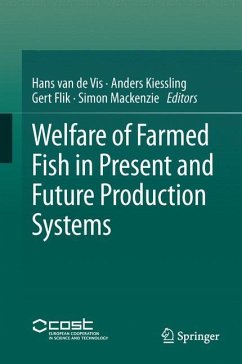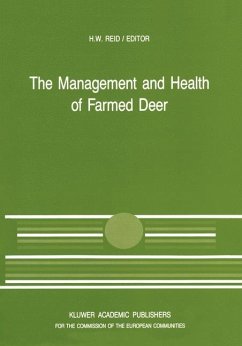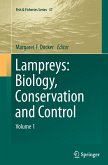The book, entitled "Welfare of farmed fish in present and future production systems", summarises the view of more than 80 experts in the field of fish welfare, collected over a period of more than five years in an international network entitled "Welfare of Fish in European Aquaculture" (Cost action 867), which was sponsored by the COST Office. COST is the acronym for European Cooperation in Science and Technology. During the time of the action a shift became evident in the general perception of fish welfare. It now not only includes variables with very direct effects on growth, and thereby the economy of the farmer, such as disease, water and feed quality, but the term also includes fish preferences and biology-based stimulation measures. This Cost action has contributed to the notion that welfare sets biological criteria for a sustainable production system. We present the reader with an overview of the results obtained, which can help to guide the way towards welfare of farmed fish in present and future production systems. The first chapter gives an overview of the scientific papers that follow. All scientific papers and the first chapter were previously published in Fish Physiology and Biochemistry, vol. 38, number 1, 2012. Given the accruing interest in fish welfare in society, each of these scientific papers should be accessible for stakeholders that are not part of the research community. For that reason each of the scientific papers is preceded by a summary for non-experts. Previously published in Fish Physiology and Biochemistry, vol. 38, number 1, 2012
Bitte wählen Sie Ihr Anliegen aus.
Rechnungen
Retourenschein anfordern
Bestellstatus
Storno








